Garages are often seen as convenient storage spaces, but not everything belongs there. Certain items can be damaged by temperature fluctuations, moisture, or chemical reactions, creating safety hazards or causing costly replacements. Understanding what should not be kept in your garage can protect your family, preserve your belongings, and even prevent accidents. From everyday household products to sensitive electronics, knowing which items are better off stored elsewhere can improve organization and maintain a safer environment. The following nine items are commonly found in garages but should be relocated for safety and durability reasons.
1. Paints and Solvents
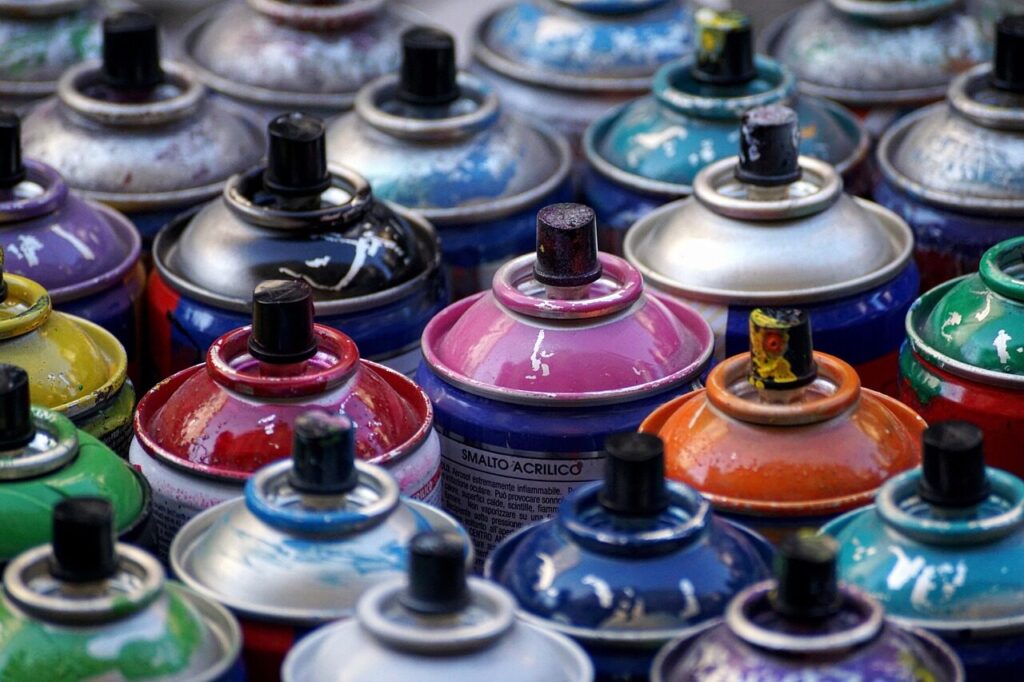
Storing paints and solvents in your garage can be risky due to temperature fluctuations and potential chemical reactions. Extreme heat can cause paint to expand or leak from containers, creating fire hazards and unpleasant odors. Solvents can release toxic fumes if containers are not sealed properly, affecting indoor and outdoor air quality. Additionally, freezing temperatures can alter the consistency of paints, making them unusable. To protect your home and ensure these materials remain effective, store them in a cool, dry place away from direct sunlight. Proper storage prevents accidents and maintains the quality of these products over time.
2. Propane Tanks
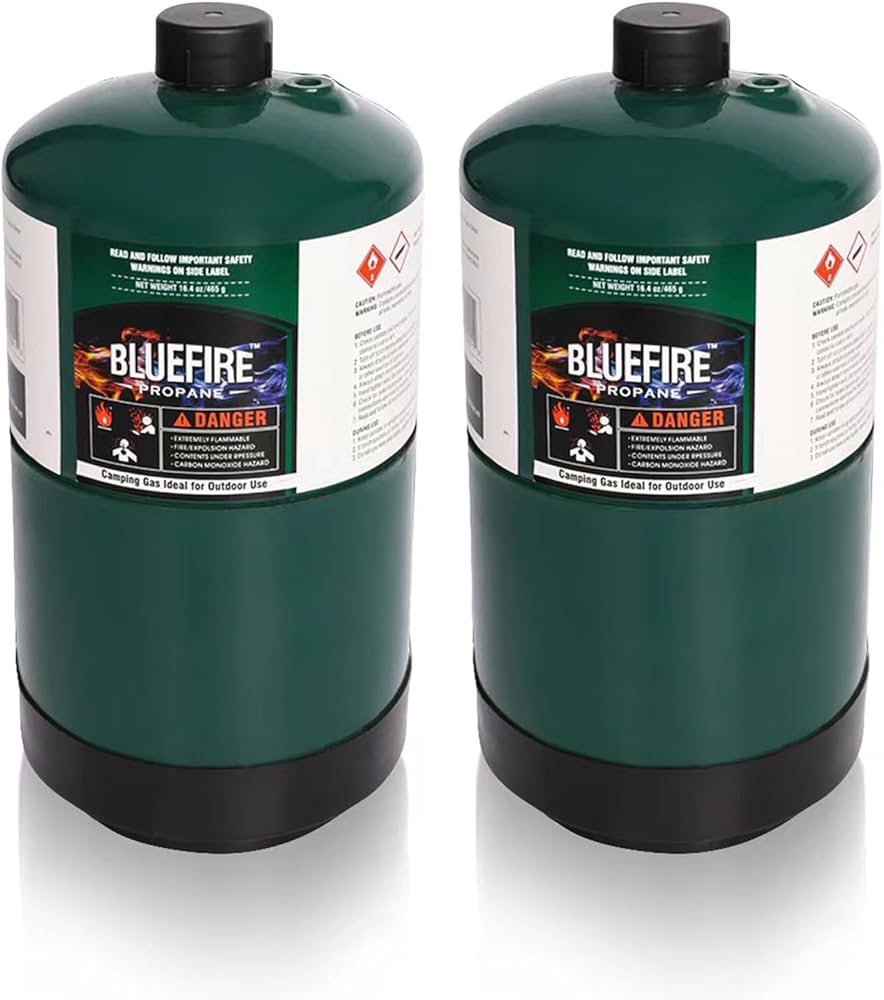
Propane tanks should never be stored inside a garage because they are highly flammable and pose an explosion risk. Even small leaks can ignite if exposed to heat or sparks, creating dangerous situations. Garages often contain ignition sources such as electrical outlets, vehicles, or tools, increasing the risk of fire. It is safer to keep propane tanks outdoors in a well-ventilated, shaded area, secured upright to prevent tipping. Regularly inspect tanks for damage or leaks and follow manufacturer guidelines for storage and usage. This approach helps reduce fire hazards and ensures propane is used safely for grilling or heating.
3. Lawn Mowers and Gas-Powered Equipment
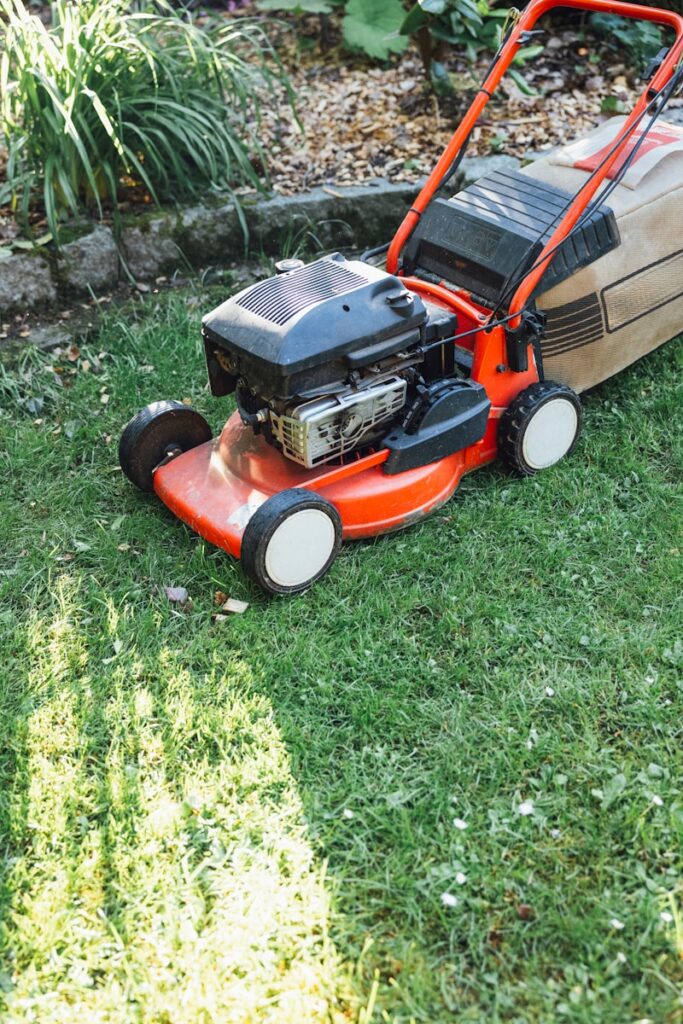
Gasoline-powered lawn mowers and other outdoor equipment can be hazardous if stored in a garage due to fuel leaks and flammable vapors. Gasoline is highly combustible and can ignite from electrical sparks, pilot lights, or heat sources. Over time, fuel can deteriorate, causing mechanical issues and releasing harmful fumes. It is advisable to empty fuel tanks before storage or use approved containers in ventilated areas. Storing equipment outdoors or in a shed designed for flammable materials reduces fire risk and protects the equipment from corrosion caused by moisture in garages. Proper care prolongs the lifespan of your tools.
4. Food and Beverages

Garages are not suitable for storing food or beverages because fluctuating temperatures and humidity can accelerate spoilage. Heat and moisture encourage mold growth and attract pests such as rodents and insects, creating health hazards. Even canned goods can deteriorate if exposed to extreme heat or freezing conditions, leading to compromised taste and nutritional value. Storing perishable items in the kitchen pantry or a climate-controlled storage area is safer. Bottled drinks can also expand or burst in high temperatures. Keeping consumables out of the garage ensures freshness, prevents contamination, and protects your family from potential foodborne illnesses.
5. Electronics

Electronics such as computers, televisions, and speakers should not be kept in garages due to temperature extremes and humidity. Moisture can corrode circuits and connectors, while excessive heat can damage internal components and reduce their lifespan. Dust accumulation can also clog ventilation systems, affecting performance and efficiency. Storing electronics in climate-controlled spaces indoors preserves their functionality and prevents costly repairs or replacements. Always place devices on elevated surfaces to avoid water damage from potential leaks or flooding. Protecting electronics from environmental stressors ensures that they remain reliable and continue to operate safely over time.
6. Tires
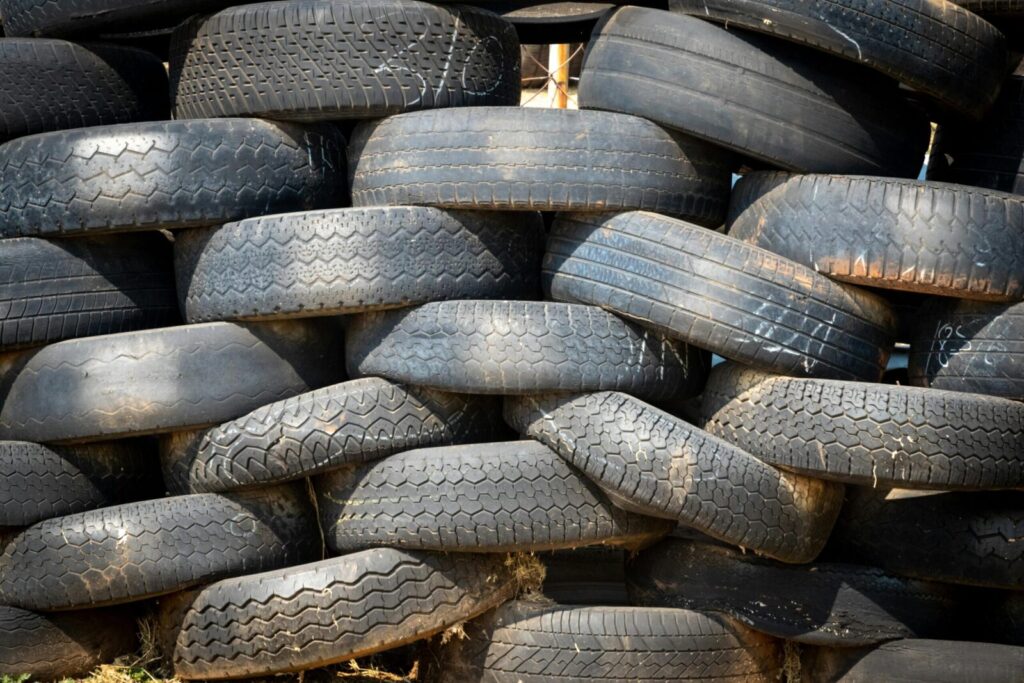
Storing tires in a garage can be problematic if temperature changes and humidity are not controlled. Heat can cause rubber to degrade, leading to cracks and reduced tread life. Moisture and sunlight can further accelerate wear and weaken structural integrity. Tires should be stored in a cool, dry, and dark location, ideally in airtight bags to prevent exposure to oxygen and ozone. Proper positioning, such as stacking them horizontally or hanging them vertically, avoids deformities. Taking precautions in tire storage ensures they remain safe for driving and prolongs their usability, saving money and avoiding the risks associated with worn or damaged tires.
7. Firewood

Keeping firewood in a garage is not recommended because it attracts insects such as termites and rodents, which can spread to the rest of your home. Moisture in the garage can cause wood to rot, making it unusable for burning. Additionally, firewood can be a fire hazard if stored near heat sources or flammable items. It is better to stack wood outdoors on a raised platform, covered with a waterproof tarp, but still allowing airflow. Proper storage prevents pest infestations, reduces mold growth, and keeps firewood dry and safe for use, ensuring a reliable and clean source of fuel for your fireplace or stove.
8. Batteries
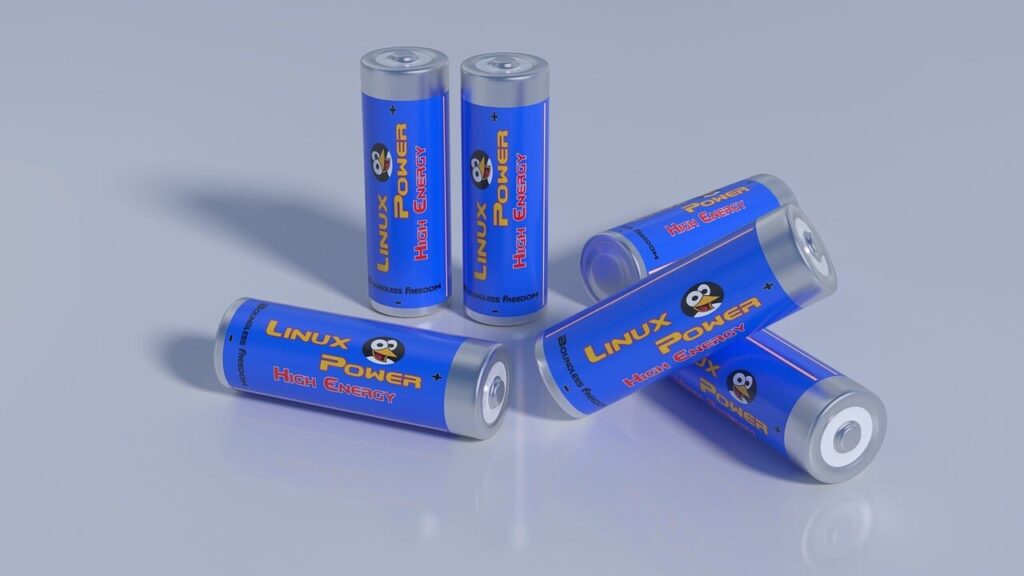
Car batteries and other rechargeable batteries should not be kept in garages that experience extreme temperatures or moisture. Heat can cause batteries to overheat, leak acid, or even explode, while cold temperatures can reduce their effectiveness and shorten their lifespan. Improperly stored batteries can also release harmful chemicals that damage surfaces or pose health risks. Storing them in a temperature-controlled space with proper ventilation ensures safety and extends their performance. It is essential to keep batteries upright and away from children or pets. Regular inspection for leaks or corrosion further ensures that battery storage remains safe and reliable.
9. Important Documents and Valuables

Garages are not safe for storing important documents, jewelry, or other valuables because they are vulnerable to moisture, temperature fluctuations, and potential theft. Water damage from leaks or flooding can destroy paper records and photos, while heat and humidity can warp or tarnish valuables. Garages typically lack proper security measures, increasing the risk of loss. It is better to keep important items in a fireproof safe or a climate-controlled indoor storage area. Protecting your documents and valuables preserves their condition and ensures they remain accessible when needed, providing peace of mind and long-term security for your most important belongings.
Comments